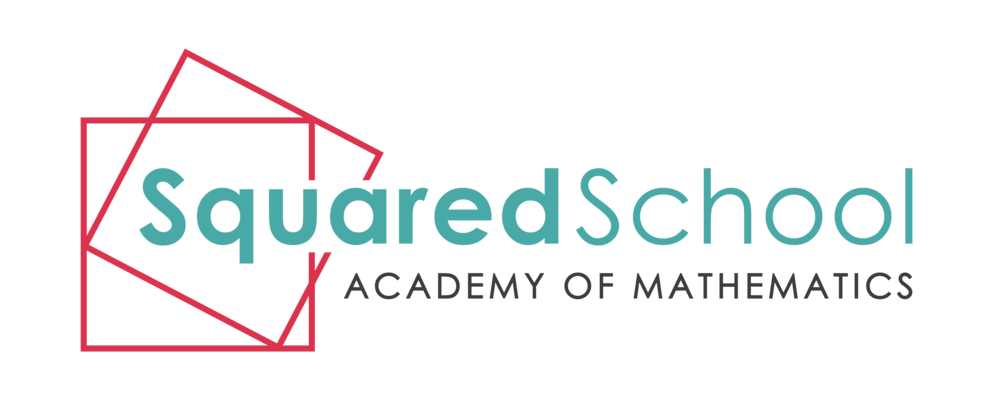
Program Overview
Developing an Analytical Mind
Our program is designed to give our students a solid foundation in mathematics, with a main focus on conceptual understanding (vs. memorization), and on long-term retention of learned concepts. The curriculum is specially developed and incorporates many best practices rigorous Russian mathematics programs and from many other sources. The topics are methodically built, and sequenced, to provide an effective stepladder for the learning process.
Our program raises the bar to challenge the children; it involves rigorous in-class exercises and homework; delves into topics to ensure fundamental comprehension; is based on early introduction of Algebra (“the language of math”); and incorporates a variety of proven approaches and methodologies to drive children’s engagement and learning.
Perfect Practice Makes Perfect
Practice is key to improving in math. Our classes are held weekly and last from 1 to 1.75 hours, depending on level, and students average another 2 to 3 hours for homework and test preparation per week.
Our program runs for a typical academic year: from the beginning of September to the end of June. The material is modularized, so that students, if unable to start at the beginning of the school year, can enter at any time, except very late in the academic year. Homework assignments are emailed after the class.
There are quizzes and tests during the school year. A minimum 60% grade is typically required to advance to the next level course.
Not Just for the “Gifted”
The program (the Academy track) is for those students who feel that they are not getting sufficiently challenged in mathematics in their current school environment. While our program is a good fit for children with demonstrated math potential, we believe that many children have much higher math potential that is being underutilized in our school system, and it takes a program like ours to bring it out. We offer different grade levels depending on students’ capabilities that allow for both a faster progression for advanced students as well as the ability to go slower for those at a lower level of proficiency.
Fluid Progression
Our Academy courses are labeled 1000, 1100, 1200 and so on, which is loosely based on the “Elo rating” system used in sports, and games like Chess, to rate the skill-level of players. The use of the Elo rating system is not coincidental. Chess, for example, has many parallels to math, and shows the potential of children’s minds. It is not uncommon for the best Chess players to become Masters at age 10-11 and Grandmasters at age 13-14. We want to provide the same “unhindered track” in math through offering fluid, merit-based and age-independent class progression.
We do not use class grades. Our “grades” do not correspond to ages, but are strictly based on the skills and proficiency level of a student. There is no stigma in repeating a level in our program.






